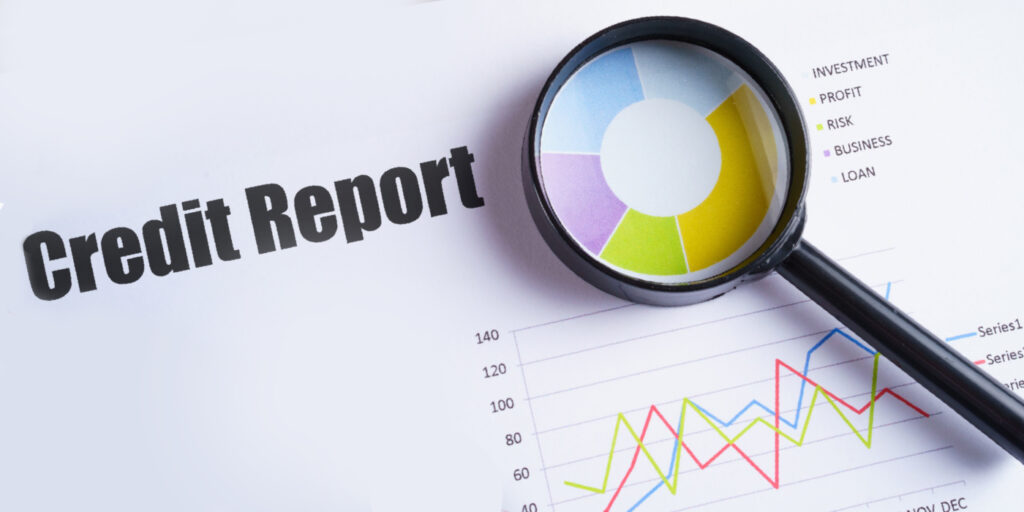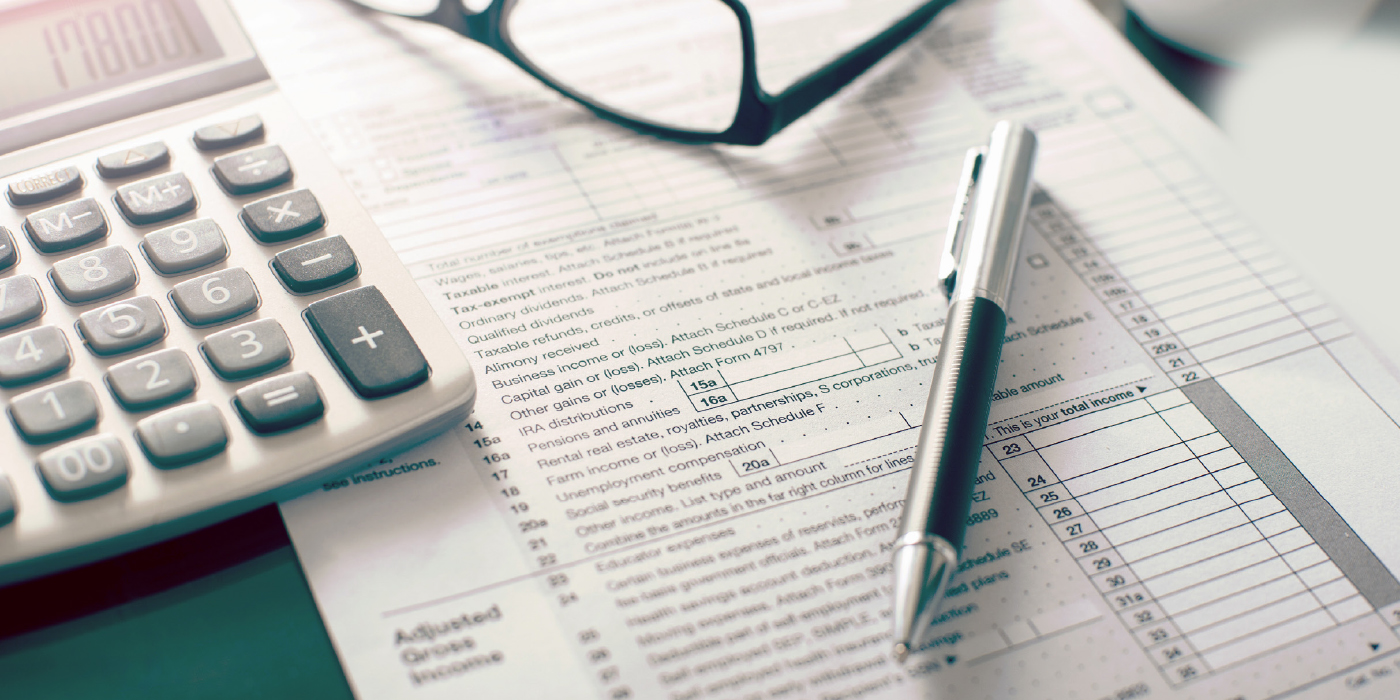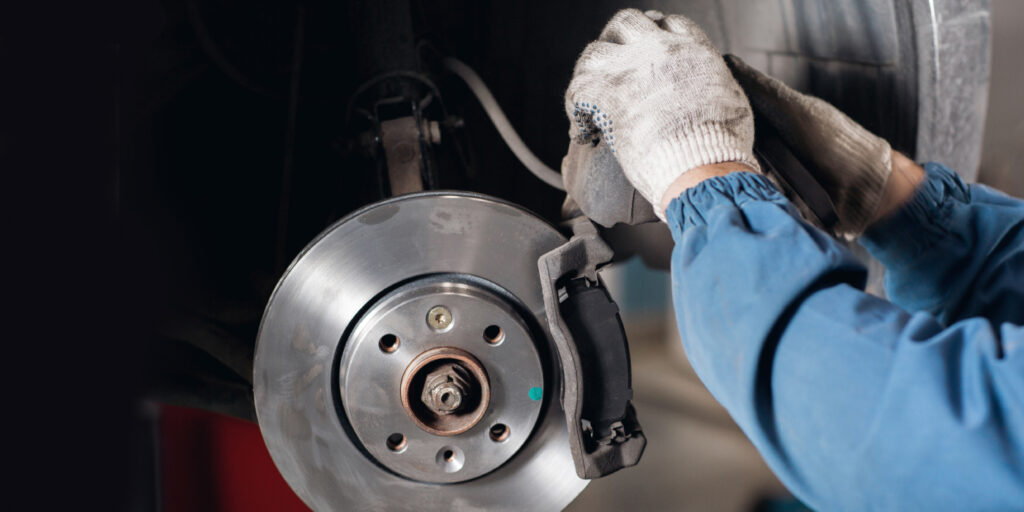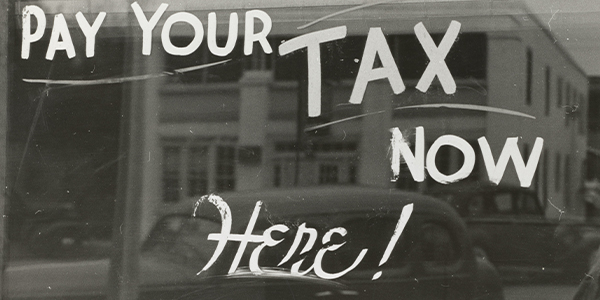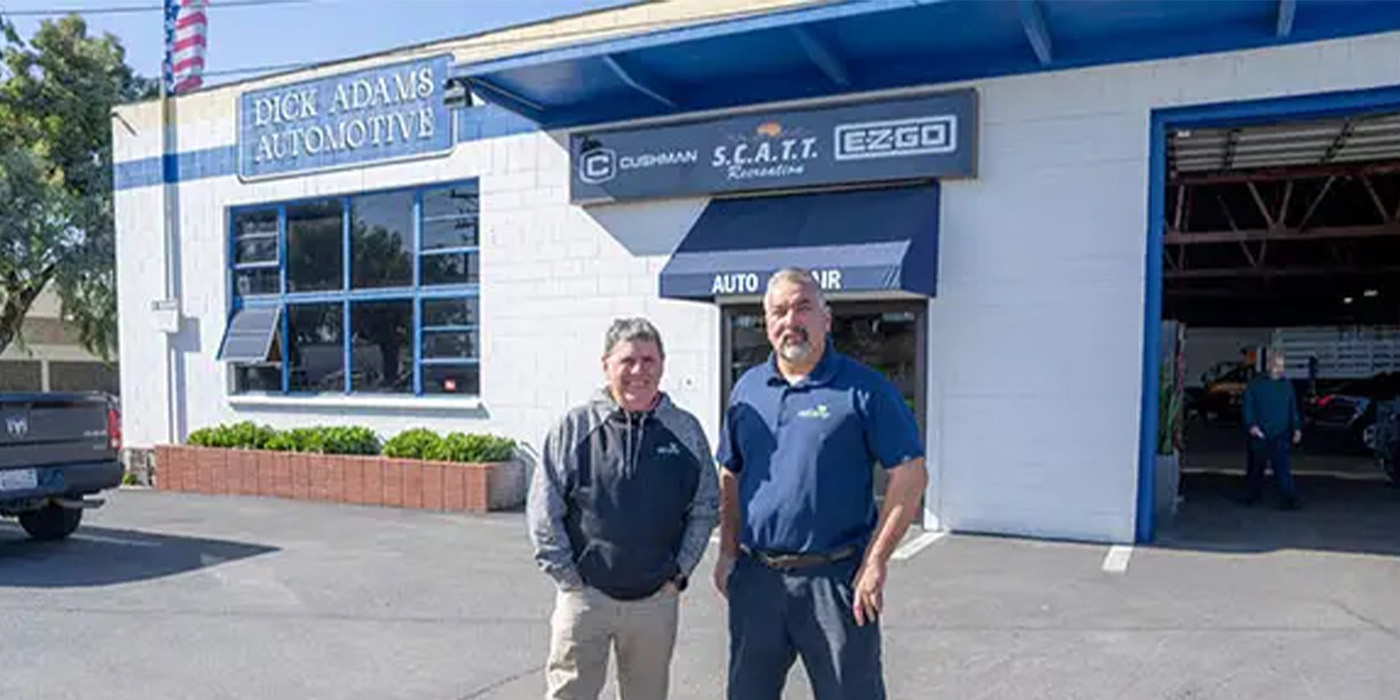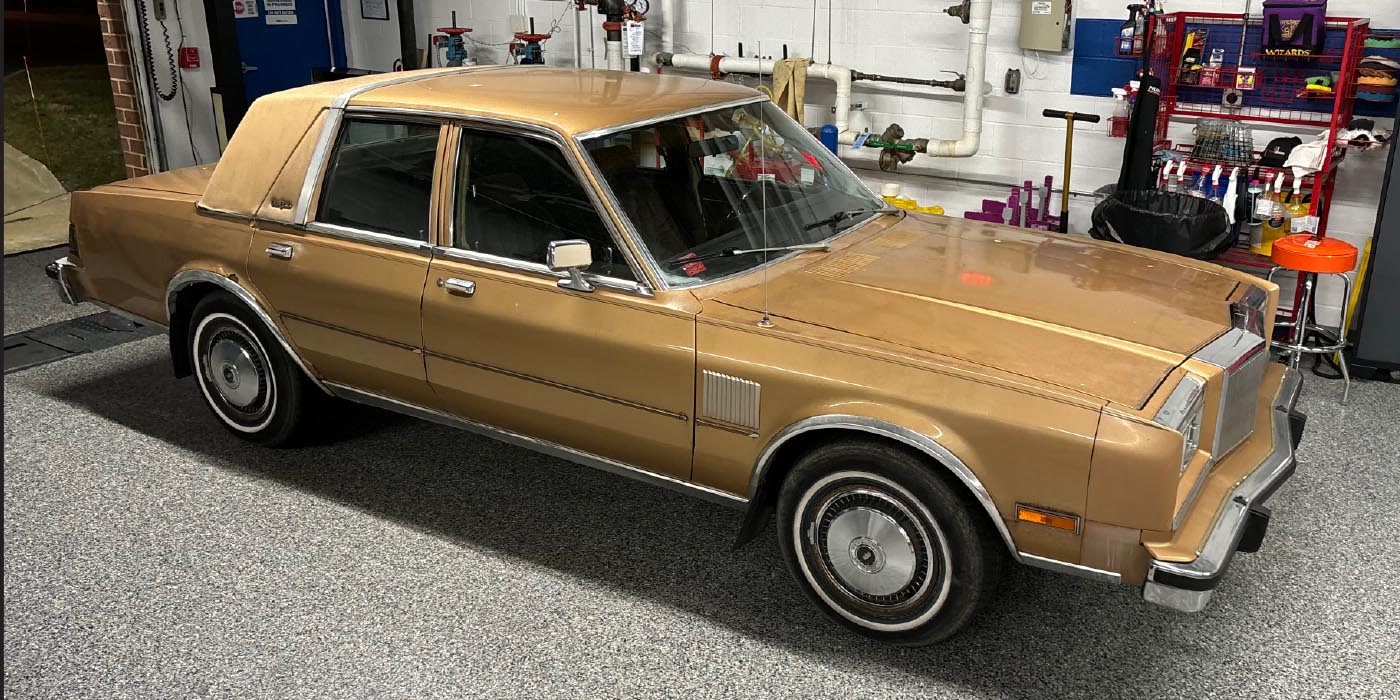If you’re thinking about expanding your auto repair shop in 2022, one of the things you need to prioritize is your credit score. Having bad business credit can negatively impact your shop in many ways – from causing difficulties securing financing to getting approved for a lease.
With National Credit Month just behind us, there’s no better time to ensure your business credit score is in good shape. This article explores how having bad business credit can affect your plans to grow your shop.
First, let’s explore what factors affect your credit score.
What makes up your credit score?
One of the most common ways to identify your credit score is through the Fair Isaac Corporation (FICO). The FICO score is your three-digit number that summarizes your credit report, which is commonly used by banks, credit unions, and lenders when investigating your creditworthiness.
Your FICO score is calculated based on these categories: payment history (35%), amounts owed (30%), length of credit history (15%), new credit (10%) and credit mix (10%).
- Payment history – a record of your previous transactions and payments. This shows whether you have any pending debts, foreclosures, bankruptcies and other public financial records.
- Amounts owed – the total amount of credit used. Lenders typically look at how much of your credit you’re actually using and if you’re paying them back diligently.
- Length of credit history – the amount of time you have been using credit. Having a long credit history is beneficial to those applying for a new loan because it shows that you have a track record of loan repayments.
- New credits – the number of new credit accounts opened at any time. The more accounts opened in a short time, the riskier you are in the eyes of lenders.
- Credit mix – the different types of credit you’re able to manage throughout your credit history. Lenders want to see if you’ve been consistently paying your dues on time no matter what type of credit account you have, like a business credit card or a line of credit.
FICO scores are anywhere between 300 and 850. Most lenders require a minimum FICO score of 600, but having higher scores increases your chances of getting low rates and longer terms.
On top of your FICO score, lenders would also ask for your business credit score. The scale used to determine a company’s creditworthiness is between 1 and 100. A business credit score of 75 and up is already considered excellent.
Can a bad business credit score affect your shop’s growth?
It’s important to understand how your credit score impacts your business and work to improve it if necessary. Having bad credit can be especially damaging for auto repair shops because it keeps you from pursuing growth or strategic decisions.
Here are the top reasons having bad credit may negatively affect your business.
- It’s harder to apply for new business loans. Having bad credit makes it difficult to secure financing, which you can use to purchase new equipment, hire more employees, or expand your shop. Even if you do get funding, lenders won’t be able to provide you with lower interest rates and better terms.
- You get high insurance rates. All businesses need insurance to cover emergency expenses, such as employee health hazards or cases of fire on-site. When applying for one, however, insurance companies will look at your credit score to determine your rates. When you have a high credit score, your insurance rates are lower. This is because some insurance companies may interpret your bad credit as bad financial management. To minimize their risks, they will drive up your rates.
- It may be more challenging to secure contracts with a supplier. Since your credit score is mainly based on your credit history, some suppliers might relate your poor credit to late or delinquent payments. Many vendors will only work with business owners who have good credit because they don’t want to risk not getting paid.
Quick tips to secure financing even with bad credit
If you need capital for your auto repair shop, you can still apply for alternative financing. Some small business financing, such as a line of credit, is available at your disposal, even when you have bad credit. Here are some tips.
- Put up collateral. If you urgently need the money to keep your auto repair shop running, you can put up collateral to get a loan. You can use your equipment, mortgage, and real estate as collateral to minimize your risks of defaulting on a loan.
- Get a consigner. A consigner is someone who agrees to repay the loan in case you fail to pay on time.
- Apply for small business loans for borrowers with less-than-stellar credit. Financing options like invoice financing or merchant cash advances are great options for business owners with poor credit. These loans don’t focus on your credit score but, instead, rely on pending invoices and future sales. However, expect to pay hefty interest rates and fees.
If you don’t need financing now, but you’re planning to expand your shop in a few years, it’s best to improve your credit score while it’s early. Start by paying your bills and debts on time and avoid high credit utilization.

